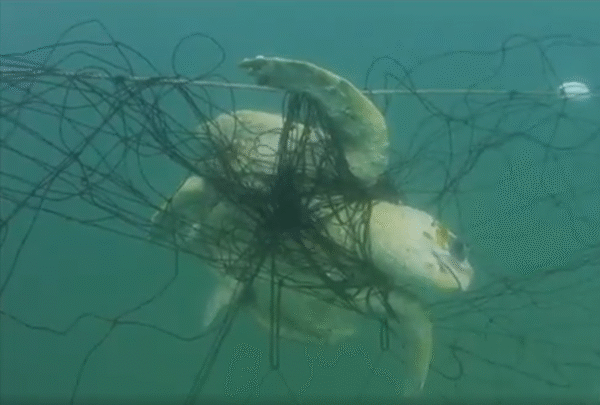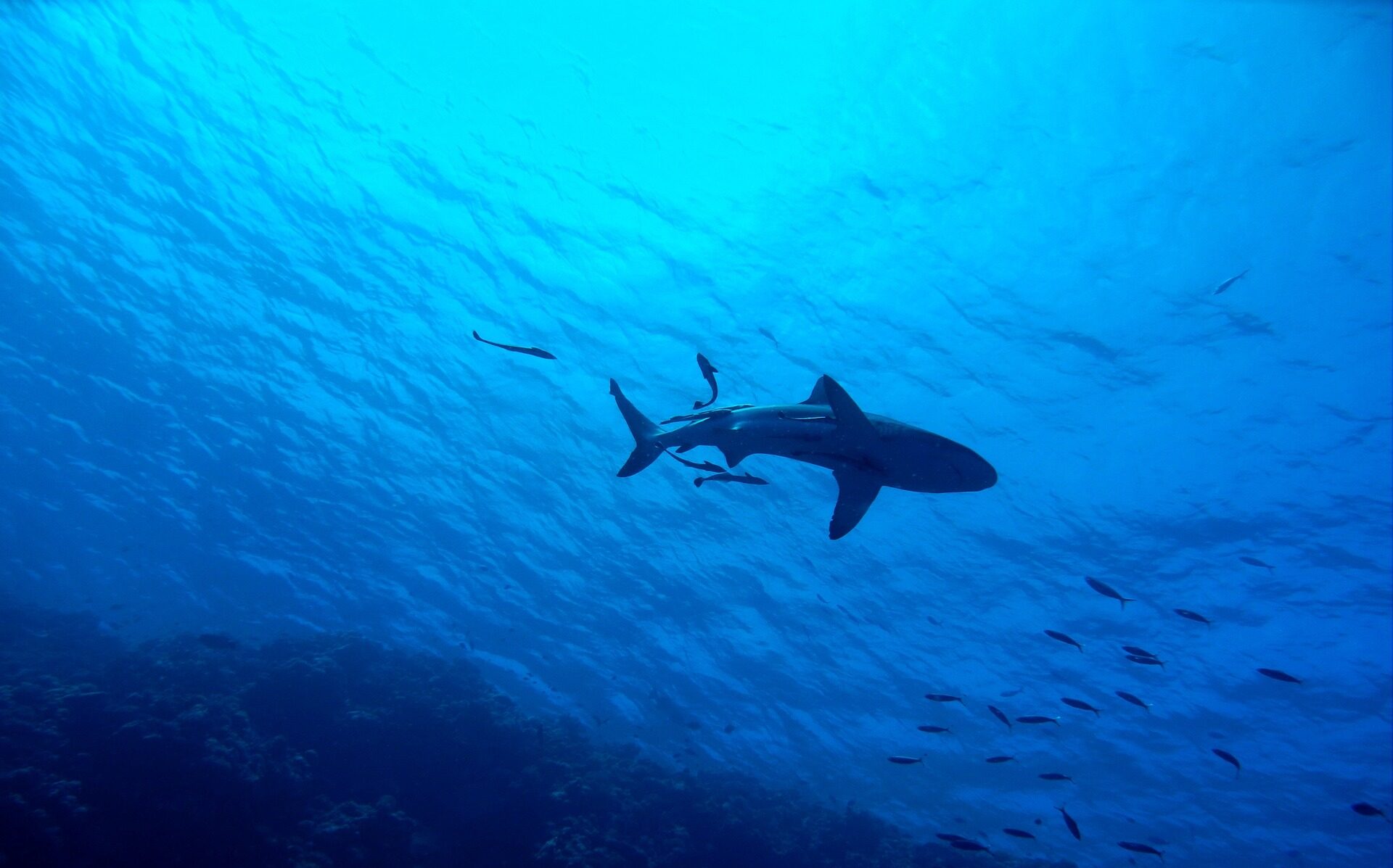The Qld Government says that under a four-year shark management plan, due to start in July, more shark nets and drumlines installed at more beaches while technology like drone surveillance and whale-deterrent measures will also be used.
It identified seven beaches for drumlines, nets or both, on the Gold Coast (Pacific Beach and The Spit), Sunshine Coast (Happy Valley), Coolum North, Peregian North and Wide Bay (Elliott Heads, Moore Park).
Six locations identified for greater drone surveillance in 2025-26 are at the Gold Coast (Rainbow Bay/Greenmount), North Stradbroke Island (Cylinder Beach), Sunshine Coast (Mooloolaba), Moreton Bay (Tangalooma), Bundaberg (Elliott Heads and/or Moore Park) and Agnes Water (Main Beach).
PROTECTING SWIMMERS: GOVT
Primary Industries Minister Tony Perrett says the measurers are to protect the state’s $33 billion tourism industry.
“We’re striking the right balance between ensuring swimmer safety, maintaining a healthy marine environment (and) upholding Queensland’s international tourism reputation as a safe place …,” he says.

“More beaches will have more protection in place; there will be more money spent on new technologies and innovation, and more investment in leading research.
“I have said time and time again; the best science must inform our actions when it comes to fisheries,” he says.
“This plan recalibrates to protect people while ensuring the ocean ecosystem remains healthy and thrives into the future.”
‘SOMETHING OUT OF THE 1900s’
But the plan may face legal challenges and certainly opposition.
Humane World for Animals or HWA, (formerly Humane Society International) is scathing in its reaction, saying the new plan “looks like it was written in the 1900s, flies in the face of conservation science and does nothing to improve swimmer safety”.
“There is absolutely no scientific reason to do this. Scientists have long ruled out culling sharks as an effective public safety measure,” says Lawrence Chlebeck, marine biologist with Humane World for Animals.
Chlebeck says Queensland also stands to lose an exemption for its shark control program from the federal Environment Protection and Biodiversity Conservation Act (EPBC).
“That exemption only continues if the program does not expand or intensify,” he says.
He also points out the damage that can, and will, be done to the marine environment. He says in 2024, 1639 animals were caught in nets, including 22 whales and dolphins, 37 turtles and 46 rays; more than 980 were killed.
“The removal of apex predators from the food chain can cause an ecological collapse (known as a trophic cascade) where the natural populations of other species either explode or disappear as the predator/prey balance is distorted,” Chlebeck explains.
“The Queensland coast is already home to fragile World Heritage marine ecosystems.
“Now the government wants to declare war on the top of the food chain — it will cause the death of a huge number of non-target animals that are casualties of the program.”






